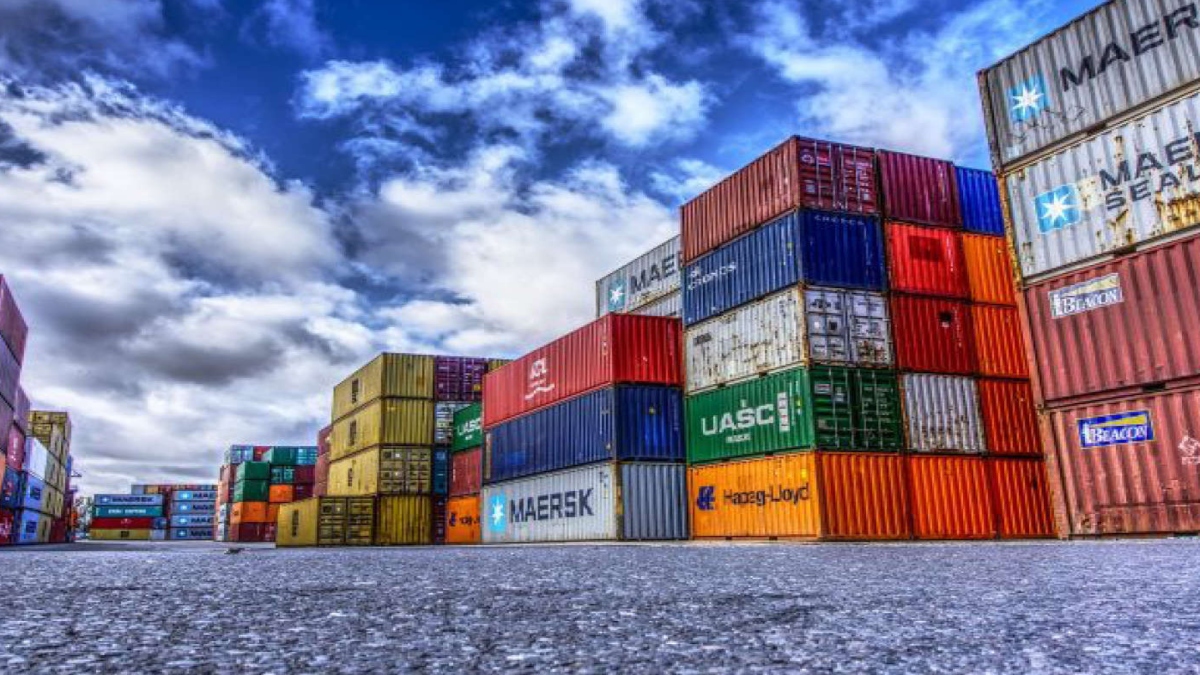


Director General of Taxpayer Services (DGTS), CBIC, Ministry of Finance, and Apparel Export Promotion Council (AEPC) jointly organized a pan-India webinar on ‘Recent changes in Customs (Import of Goods at Concessional Rate of Duty) Rules, 2017 (IGCR Rules, 2017)’ on Tuesday.
Delivering the inaugural address, MK Singh, Chief Commissioner of Customs, Mumbai, said, “The recent changes in the IGCR are one of the finest examples that show we are committed towards achieving the aims and objectives of the government. These changes are also an effort towards creating an enabling environment for promoting manufacturing by domestic industry, to make them competitive globally and also make them self-reliant in furtherance of the goal of Aatmanirbhar Bharat.”
Singh said that there has been a consistent policy focus of the government on trade facilitation, on transparency, on Ease of Doing Business (EoDB), on encouraging use of technology. Also, the government’s endeavor has been in giving a boost to domestic manufacturing, providing support to MSME units and in facilitating exports from the country, he added.
“There is nothing new in the customs duty exemptions which are based on pre-conditions of desired end use of the imported products. What is new is the way these exemptions are supposed to be administered,” Mr Singh said. “The whole procedure has been simplified, it has been made simple with focus on automation. The changes provide for an end-to-end automation of the entire process.”
The Department of Revenue, Ministry of Finance, vide its Notification No. 02/2022- dated 01.02.2022 has allowed import of Trimmings and Embellishments and has carried out changes in facility of import of Tags, labels, stickers, belts, buttons, hangers or printed bags and import of lining and interlining material.
One of the important changes is that these items are allowed to be imported under Serial No 257/ 257B of Custom Notification No 02/2022 dated 1.2.2022, without any duty and without any limit. These imports are now governed under condition 108 which primarily requires “the items manufactured using the imported goods are exported by the importer within six months of the date of the import”. The other condition specified in the notification is condition No.9, which requires importers to follow the procedure set out in IGCR Rules 2017.
The Council had requested Director General of Taxpayer Services (DGTS), CBIC, Ministry of Finance, for the webinar as it had been receiving concerns from exporters on the procedural issues seeking clarity on the formats and procedures to be followed.
AEPC Vice Chairman Sudhir Sekhri said that earlier, when these items under S. No. 311 were allowed, they were subjected to an overall limit of 5% of FOB value of the garments exported and value realized during the previous year and this included import of lining and interlining material of 2% of FOB of FOB value of the garments exported and value realized during the previous year. However, with the inclusion of these items under S. No 257B, there is no value cap so long as imports are being made by the bonafide exporter for use in the manufacture of textile garments for exports. Such import will be subject to condition, as given under Serial No 9 and 108.
“The above amendments have been very beneficial for the apparel exporters as these items are largely imported, because of nomination by buyers or due to their non-availability in India in the right specifications,” Mr Sekhri said.
The webinar was attended by senior officers of the Ministry of Finance including Chief Commissioner of Customs, Mumbai Zone-II; Additional Director, ICEGATE, DG Systems, CBIC; Deputy Secretary, Customs Policy Wing, CBIC; Commissioner, Nhava Sheva-II; Commissioner, Nhava Sheva-III; Joint Director, ICEGATE, DG Systems, CBIC and Deputy Director ICES.
Presentations related to the IGCR rules and procedure were shared by Mr Atul Singh, Additional Director, ICEGATE, DG Systems, CBIC, and Mr R Ananth, Deputy Secretary, Customs Policy Wing, CBIC. The officials gave clarifications to the numerous queries of more than 550 exporters attending the webinar